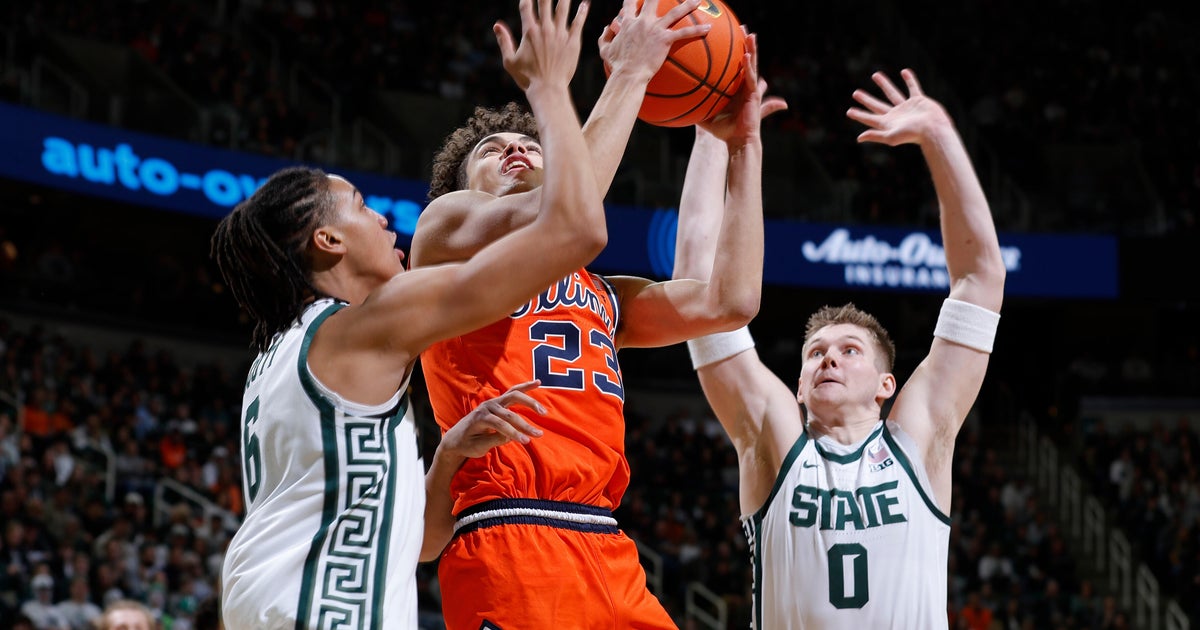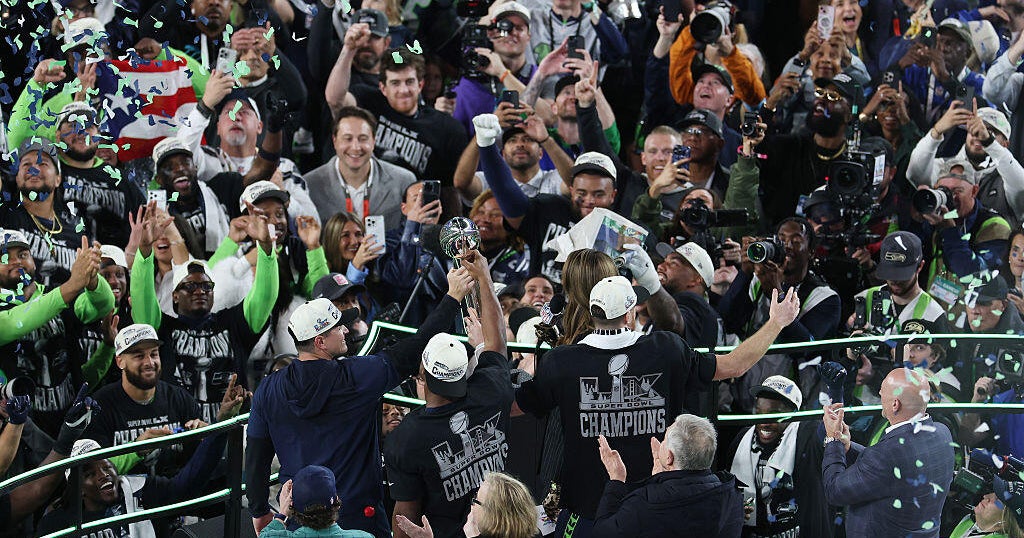The NFL Is Using Inaccurate Language On New Overtime Proposals
By Michael Hurley, CBS Boston
BOSTON (CBS) -- The NFL announced on Wednesday morning that two proposals to change the overtime rules have been submitted by teams. It included an interesting choice of language.
The proposals -- one submitted by the Titans, another jointly submitted by the Colts and Eagles -- seek to create a more "fair" overtime system that essentially guarantees possession of the football to both teams. The impetus for such a change comes from teams losing a coin toss to begin overtime and then allowing a game-ending touchdown drive on the first possession.
Such a proposal is not out of the ordinary; the Chiefs made such a proposal three years ago, and many fans and media members and even players have expressed a desire for both teams to possess the football in overtime.
The curious part, however, comes in the language used in the proposals.
The proposal from the Eagles and Colts says this: "allow both teams an opportunity to possess the ball in overtime."
The proposal from the Titans says this: "allow both teams an opportunity to possess the ball in overtime unless the team with the first possession scores a touchdown and a successful two-point Try."
"An opportunity" to possess the football.
That's an interesting choice of words.
Given the current overtime rules, and even the previous rules, both teams surely had "an opportunity" to possess the football in overtime. Even when the overtime format was pure sudden death, the team kicking off had multiple opportunities to possess the football. Either by way of forcing a turnover, forcing a punt, or as a last resort of blocking a field goal, teams that started overtime by kicking off had several opportunities to gain possession of the football. With the newer rules, those teams had the added opportunity of just keeping their opponents out of the end zone in order to gain possession of the ball, after field goals were eliminated from the sudden death aspect of the overtime period.
In terms of concrete examples, the Bengals lost the coin toss in the AFC Championship Game in Kansas City, but they still had an opportunity to possess the football. They seized that opportunity when they picked off a pass from Patrick Mahomes before driving for the game-winning score. The Buffalo Bills had an opportunity to possess the ball in overtime on that same field a week earlier, but they allowed a 10-yard completion on a third-and-1, they later allowed a 26-yard completion that got the Chiefs inside the red zone, and they left a linebacker in single coverage against Travis Kelce on what was the game-ending touchdown.
Both the Bills and Bengals had the "opportunity" to possess the football in overtime. Only the Bengals succeeded in actually seizing that opportunity.
What both proposals should be saying is that both teams will be guaranteed a possession in overtime. Because they both currently have opportunities.
The word "opportunity," of course, simply means a chance. A possibility. Something that can happen. If we flip open the Cambridge Dictionary, we see the following definition:
opportunity
noun
an occasion or situation that makes it possible to do something that you want to do or have to do, or the possibility of doing something
Opportunity. It's a fairly straightforward word.
The proposals, though, by their very nature, are suggesting that the current rules dictate that only the receiving team has an "opportunity" to possess the ball in overtime. After all, if both teams currently had an "opportunity" to possess the ball in overtime, then a rule proposal ensuring both teams an "opportunity" to possess the ball in overtime would be wholly unnecessary.
In that sense, the choice of words for the proposals were either an accidental oversight ... or a weaselly way to try to paint reality in a distorted light. Considering that such proposals can be carefully crafted over the course of weeks, it feels like the latter scenario is at play. Yet whichever it may be, the language ought to be changed for the sake of clarity and objectivity.
Obviously, reasonable minds disagree on the NFL's overtime format, and there's room for varying valid viewpoints. Yet debates and conversations about such a matter can't take place if the current reality is not agreed upon by all parties. And both new proposals work to distort the actual system that's currently in place with the NFL's overtime rules.







